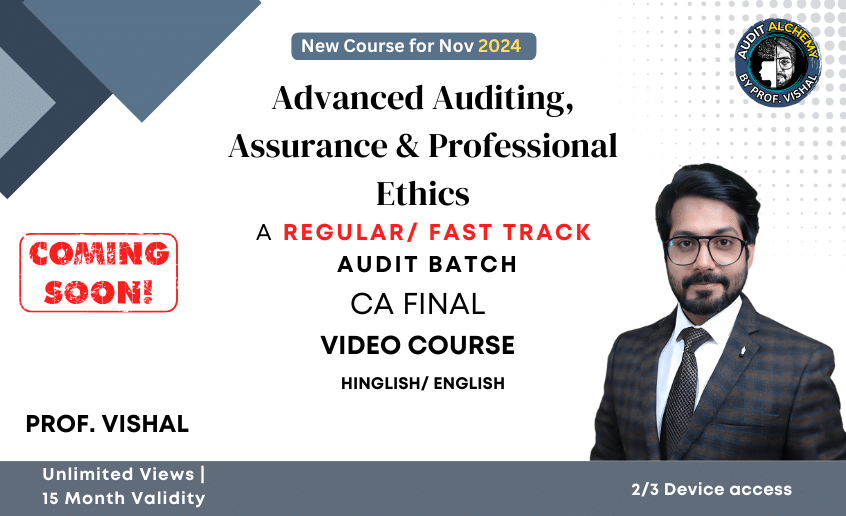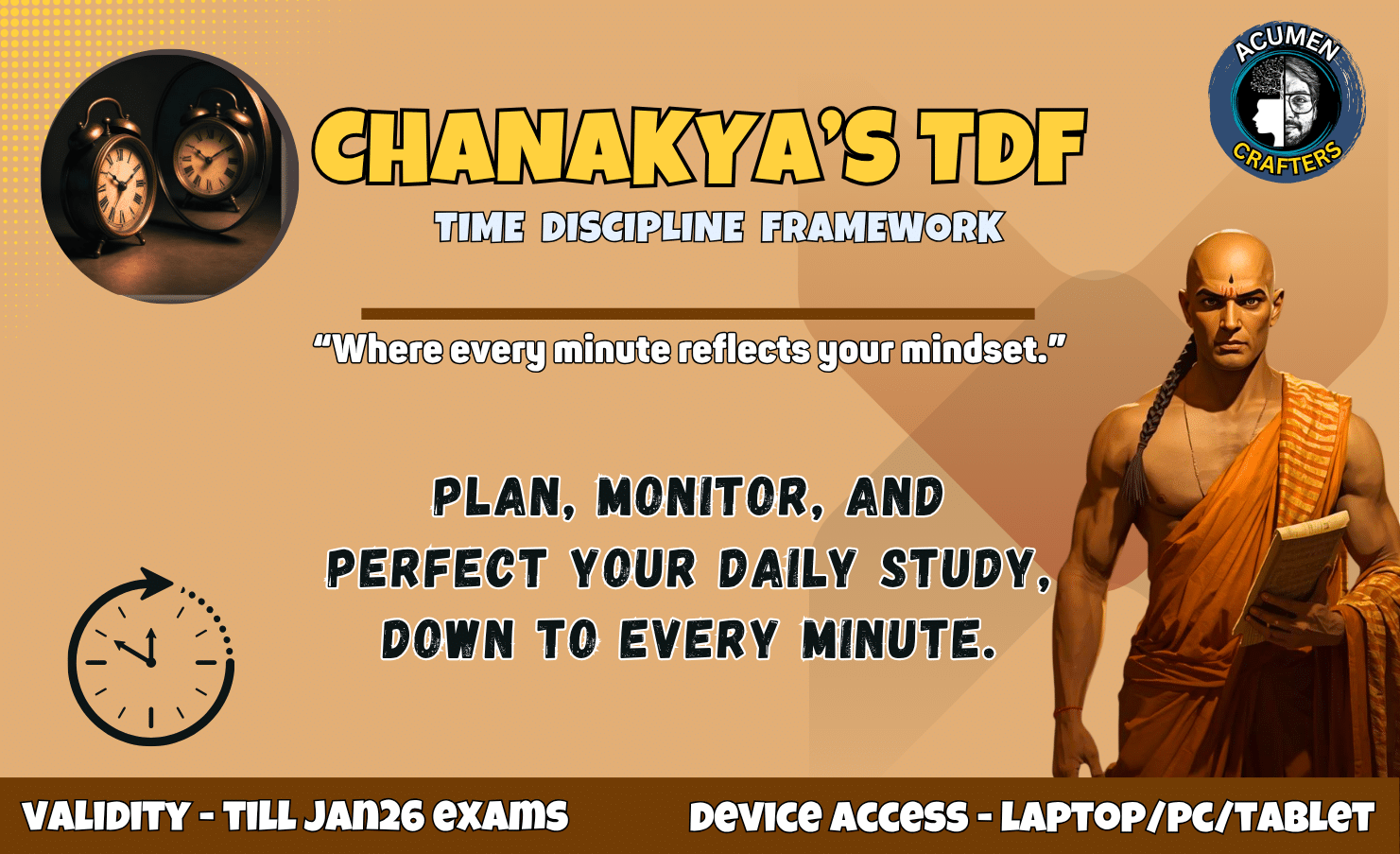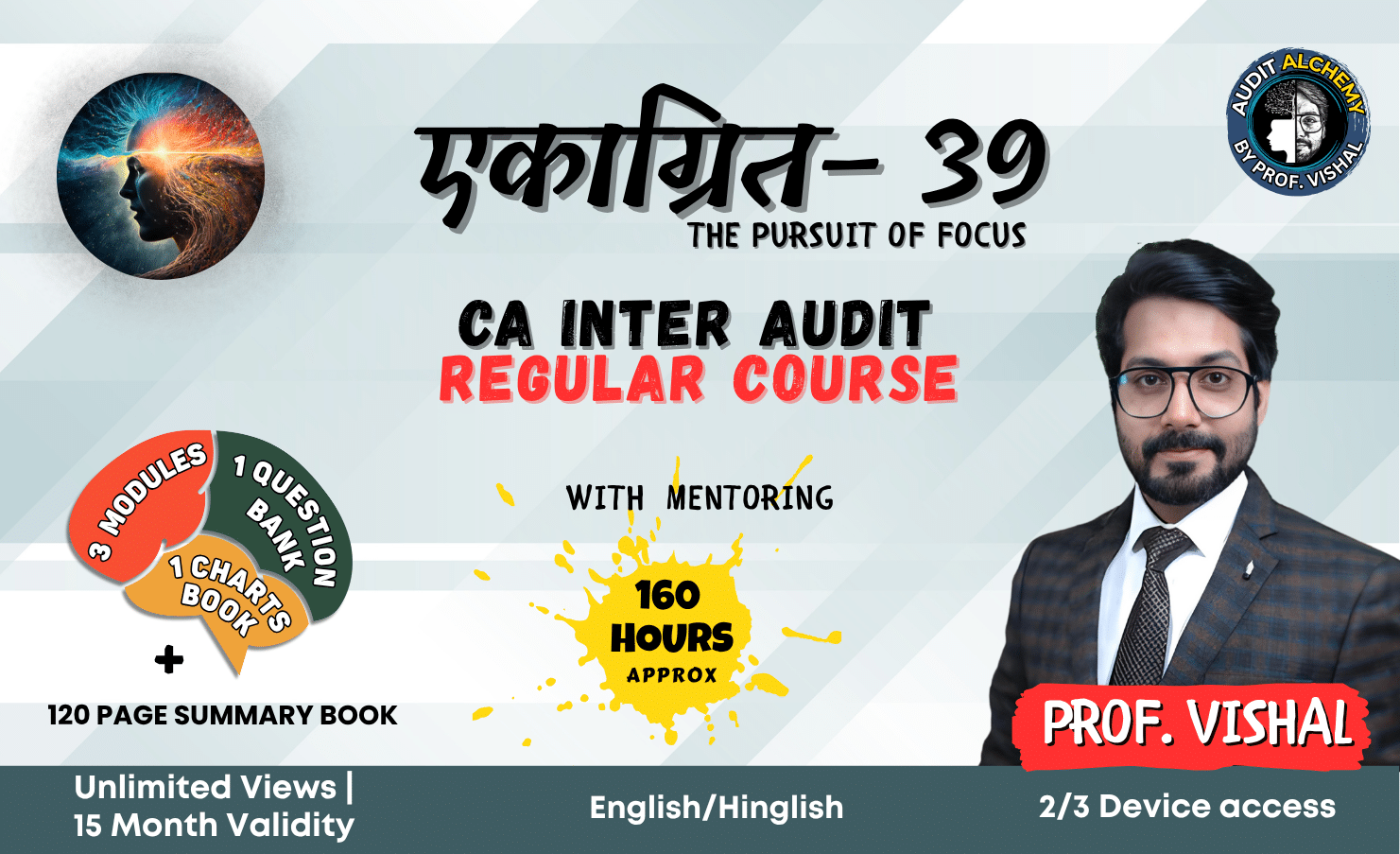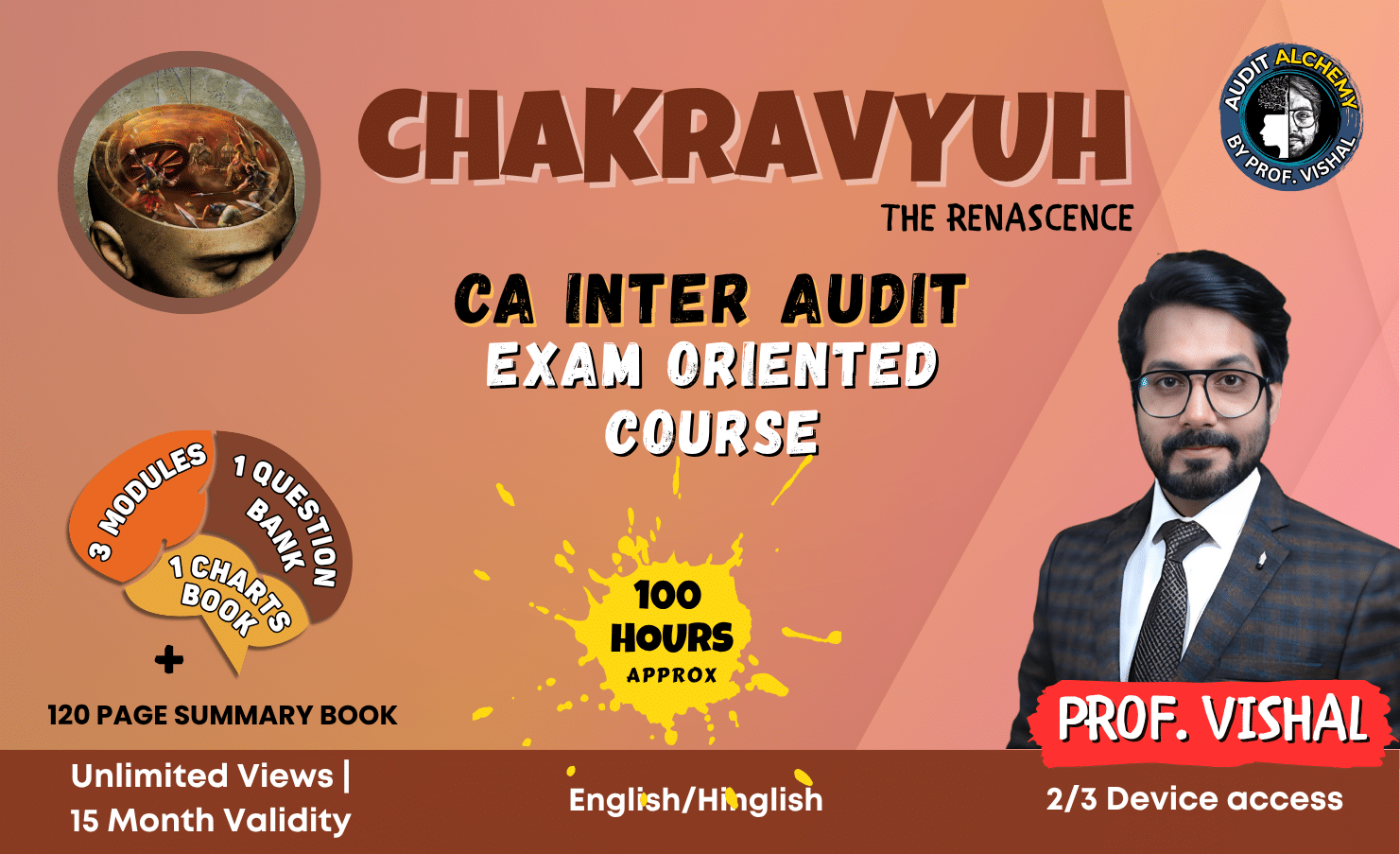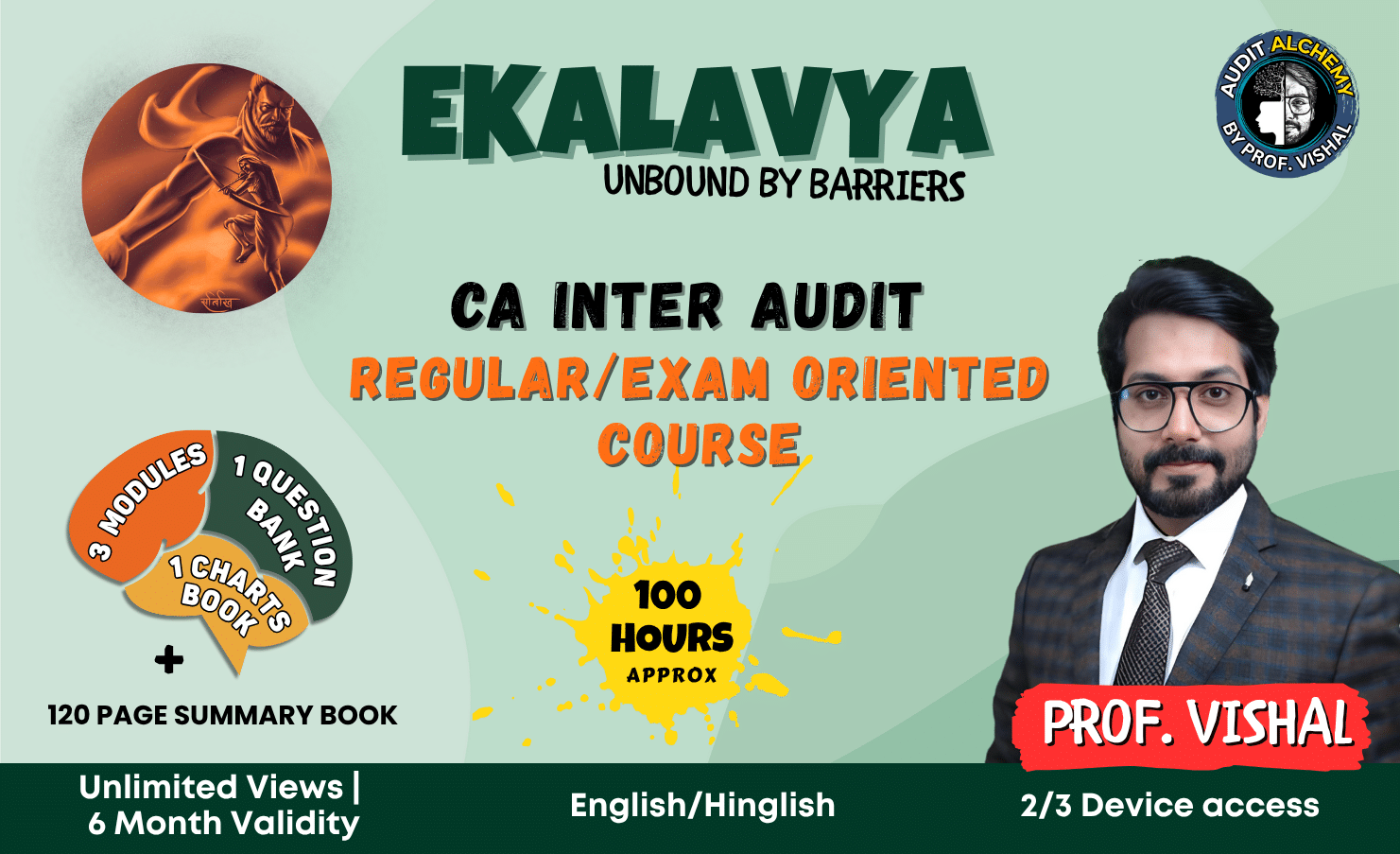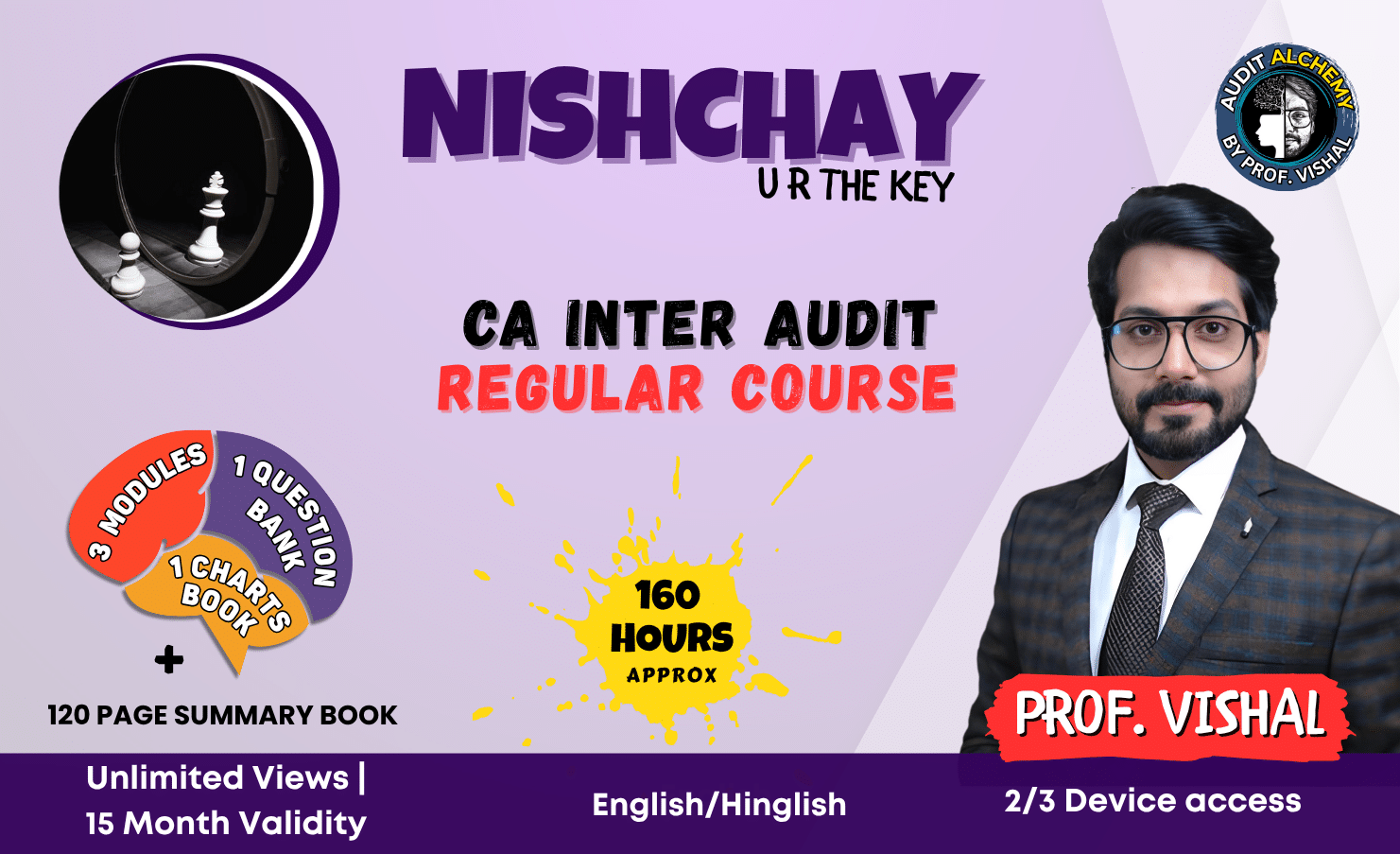The Chartered Accountancy program has been witnessing a steady increase in student enrollment year after year. However, the pass rates for this challenging test remain relatively low, presenting a formidable obstacle to overcome. Renowned as one of the most demanding professional qualifications in the country, Chartered Accountancy attracts fierce competition among students. As a result, many find it a daunting task to navigate the pressure that accompanies exam preparation.
The CA Examination is divided into three distinct stages: the Common Proficiency Test (CPT), commonly known as the Foundation test, followed by the Intermediate level, and culminating in the Final level. Each stage has its unique passing criteria.
While the Foundation exam encompasses both objective and subjective components, the Intermediate and Final exams are entirely subjective. The syllabus for all three levels is notably extensive.
It’s important to acknowledge that some degree of stress is inevitable, and while complete elimination might be impossible, there are strategies to minimize last-minute stress.
1. Thorough Familiarity with Course Content
Confidence, rather than anxiety, should accompany you into the examination hall. Identifying topics of lesser relevance and unlikely to be questioned in the exam allows you to streamline your focus. Remember that even a basic grasp of a topic can empower you to tackle related questions. This practice ties into bolstering your self-assurance, thereby reducing test-related anxiety.
2. Adherence to a Well-Structured Study Schedule
Commencing with a well-structured study plan from the outset can significantly mitigate exam-related stress. Maintaining a consistent routine instills confidence in your preparedness, making stress avoidance easier. Establishing a comprehensive yet flexible study timetable from the beginning is instrumental.
3. Recognize Your Learning Preferences
Identify your peak hours of productivity. Whether you’re an early riser or a night owl, tailor your study sessions to your biological rhythms. Each individual has a unique study approach – be it at a tidy desk or wrapped in a blanket with a laptop. Embrace your learning style to optimize your study sessions.
4. Prioritize Conceptual Understanding
Avoid rote memorization; true learning comes from understanding concepts deeply. Exam preparation should transcend mechanical memorization, focusing instead on comprehensive understanding. This proactive approach minimizes stress and contributes to long-term professional success.
5. Engage with Peers
Engaging in casual conversations or exam-centric discussions with friends and classmates can be immensely helpful. This interaction provides an avenue to clarify doubts and mentally prepare for the forthcoming competition.
6. Embrace Relaxation
Research indicates that our concentration span typically lasts around 45 minutes. Overextending focus diminishes cognitive efficacy. Take intervals and shift focus to enjoyable activities. Connecting with friends and family elevates morale and rejuvenates spirits.
7. Prioritize Health and Well-being
A holistic approach is pivotal. Monitor your diet, hydration, sleep patterns, and physical activity levels. Nutrient-rich food and adequate sleep, around 7 hours per night, cultivate a sound mind and body. These prerequisites enable focused, stress-free study sessions.
A degree of stress isn’t inherently detrimental; it showcases your commitment to your studies and exams. Transform stress into a motivator to excel. As your exam day dawns, keep perspective. If anxiety surges, retreat to a serene spot and engage in deep breathing while focusing on pleasant memories. Remember, exams are significant, yet your worth extends beyond your grades.




